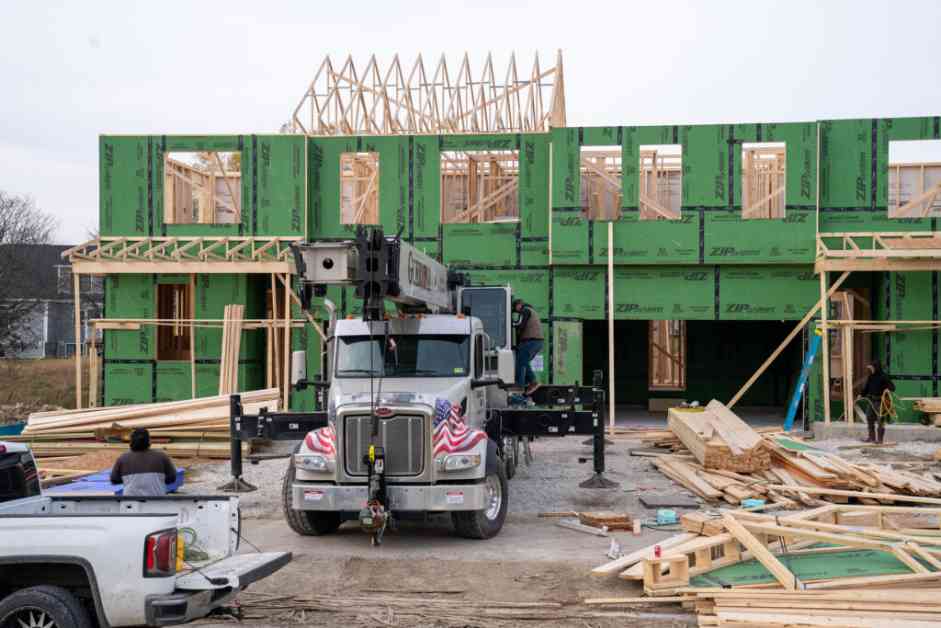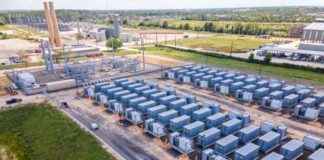Vermont’s Climate Ambition Hangs in the Balance
A fascinating transformation occurs within a heat pump, where even the coldest air holds thermal energy that can be harnessed and converted into heat. This innovative technology lies at the heart of an ambitious policy known as the Clean Heat Standard, designed to accelerate the decarbonization of heating in Vermont. Advocates of this policy envision a future with increased heat pump installations, reduced emissions, and lower heating costs, all while prioritizing energy efficiency and equity.
The Clean Heat Standard: A Closer Look
At its core, the Clean Heat Standard is a groundbreaking initiative that aims to transition Vermont buildings away from fossil-based heating fuels by requiring companies importing these fuels to fund projects that promote cleaner heating solutions. From electric heat pumps to enhanced building insulation, a variety of projects will be supported, with a special focus on assisting low-income households. This policy not only promises a reduction in heating costs and emissions but also leverages market dynamics and emerging technologies to drive sustainable change.
However, critics, including Governor Phil Scott, have raised concerns about the high upfront costs associated with implementing these measures and the potential impact on heating fuel prices. Despite successful opposition in the past, the program received a significant boost when the state’s Public Utilities Commission released proposed regulations, outlining both the challenges and benefits of the Clean Heat Standard. This development sparked renewed debate and speculation about the future of clean heating in Vermont.
The Policy Landscape: A Tumultuous Journey
The road to implementing the Clean Heat Standard has been fraught with political challenges and uncertainties. Democrats, who championed the policy, faced setbacks in the form of election losses and opposition from Republican lawmakers. The intricate legislative framework, tied to the state’s emission reduction targets under the Global Warming Solutions Act, added a layer of complexity to the debate. With competing visions for Vermont’s energy future, the fate of the Clean Heat Standard remains uncertain, raising questions about the efficacy of alternative strategies and the state’s commitment to climate action.
Expert Insights and Controversies
Jared Duval, Executive Director of the Energy Action Network, emphasized the importance of realistic modeling and affordability considerations in shaping climate policies. Duval criticized the simplistic portrayal of cost impacts and highlighted the broader benefits of transitioning to cleaner energy sources. Meanwhile, Governor Scott’s stance on climate initiatives, despite past commitments to emission reductions, has drawn criticism for lack of concrete proposals and engagement with legislative efforts.
Looking Ahead: Paths to Progress
As Vermont navigates the complex terrain of climate policy, potential alternatives to the Clean Heat Standard have emerged, including proposals to augment existing fuel taxes to fund energy efficiency programs. While debates continue over the most effective strategies for decarbonizing the heating sector, bipartisan collaboration and innovative solutions hold the key to achieving meaningful progress. The state’s Climate Action Office is exploring regional partnerships and market-based approaches to drive emissions reductions, signaling a shift towards broader collaboration and long-term sustainability.
In Conclusion
The story of Vermont’s climate ambition is one of resilience, adaptation, and ongoing dialogue. As stakeholders grapple with the challenges of transitioning to cleaner heating solutions, the need for comprehensive, inclusive policies that balance environmental goals with economic realities becomes increasingly apparent. The future of the Clean Heat Standard and Vermont’s broader climate agenda hinges on a delicate balance of innovation, collaboration, and public engagement. Through shared efforts and informed decision-making, the state can chart a course towards a more sustainable, equitable future.














